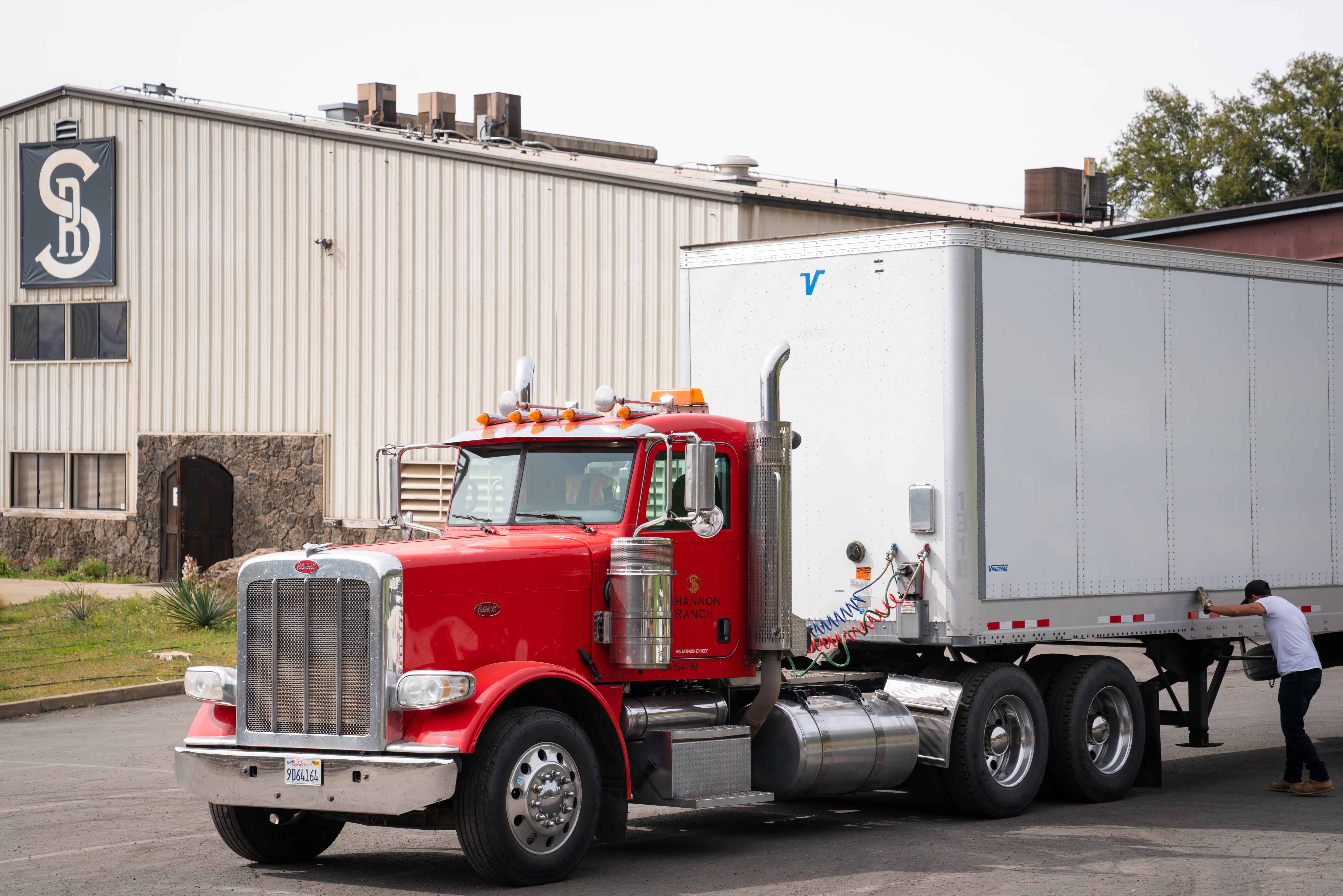From day one, Shannon Ridge Family of Wines was founded with environmental stewardship at its core. Look no further than 2011 Clay Shannon waxing poetic on “polyculture” and sheeping the vineyards with 700 head.
“Sustainability is a term that’s widely used and, frankly, we need to put some teeth in it.”
Indeed, one has enough literature on “sustainability” in the wine aisles to give Outside Magazine a run for its money. How many consumers, when faced with the real efforts of those wineries, would lose their appetite? Environmental friendliness is easy to claim, even easier to preach, but difficult to demonstrate in earnest. How, then, does a winery set itself apart from the circus?
Winning Half the Battle
Over the years, The Ovis Cycle has reduced the use of mowers, tractors, weed eaters, and other means of fossil fuel consumption. The animals have allowed the human crews to work more efficiently by removing unwanted basil leaves and trunk suckers from the vines. Sheep cut down on the need for herbicides, protect against wildfires, and provide natural fertilizer. The need for human intervention in the vineyards is drastically mitigated, reducing the environmental impact property-wide.
For anyone following Shannon Ridge over the years, this is old news. These practices are important, however, as a springboard for the years to come. Success in the vineyards has turned Shannon’s attention outward, to the packaging, consumption, and shipment of his sustainably-farmed wines. After all, why fuss with sustainability only to enjoy its fruit from a styrofoam cup?
Winning Half the Bottle
One of the largest hurdles to environmental-friendliness that a winery faces is in its packaging. Traditional wine bottles are heavy and cumbersome; cases of thick bottles leave the winery on a box truck, destined for restaurants, liquor stores, and front porches nationwide. The thicker the glass, the less cargo space is available, forcing delivery drivers to take more “passes,” picking up and dropping off fewer numbers of cases at a time.
Shannon Ridge is pleased to announce a transition to lighter, reduced-weight bottles that will cut down on carbon emissions and gas usage. Put simply, this will allow for a greater volume of wine to be shipped in each truckload.


